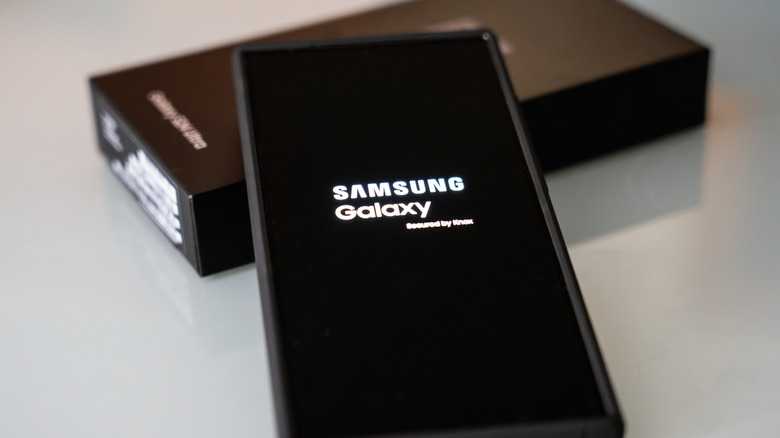Samsung May Bring One Of China's Best Android Privacy Features To The Rest Of The World
We've seen more than our fair share of rumors and leaks about what Samsung's next flagship device, the Galaxy S26, might ship with. While it seems Samsung won't adopt silicone-carbide batteries just yet, the next iteration of Samsung's operating system, One UI 8.5, could bring one of the best privacy features the company offers to more of its phones around the world. Currently, the feature is only available in China.
The feature in question is simply called Privacy Protection, and based on what we've seen of One UI 8.5 so far, it looks like the feature could come to Galaxy phones outside of China, too. While the name of the feature might not generate much enthusiasm, Privacy Protection is effectively a one-stop shop for protecting your sensitive information when sharing images with others.
According to a leak covered by SamMobile, Privacy Protection can blur and hire sensitive information in images when you don't want to share them with people. The feature doesn't do this automatically, but it is actually available as part of the sharing menu.
An important boost for Android privacy
Once selected, Privacy Protection will automatically determine the sensitive information that needs to be hidden and then blur it so the person on the other end can't see it. As noted above, the feature isn't technically new to One UI 8.5, as it has been available in China on earlier versions of One UI.
But with the release of Samsung's next big Android update, it could make the feature more widely available, making it easier to show off images to your friends while still hiding sensitive details you don't want them to see. You can also easily figure out what has been redacted by tapping between the two using a compare button near the bottom of the screen.
Of course, this is just one of many features that Android phones offer to help keep your phone and data secure. And even though we've seen some changes by Google to allow for practices like digital fingerprinting, this seems to be a clear case of a win for Android users who want a more secure and privacy-focused experience.

